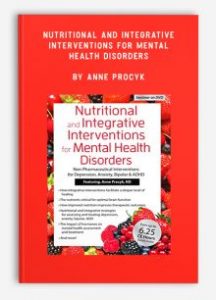 Nutritional and Integrative Interventions for Mental Health Disorders by Anne Procyk
Nutritional and Integrative Interventions for Mental Health Disorders by Anne Procyk
More information about Medical:
Medicine is the science and practice of establishing the diagnosis, prognosis, treatment, and prevention of disease.
Medicine encompasses a variety of health care practices evolved to maintain and restore health by the prevention and treatment of illness.
Contemporary medicine applies biomedical sciences, biomedical research, genetics, and medical technology to diagnose, treat, and prevent injury and disease,
typically through pharmaceuticals or surgery, but also through therapies as diverse as psychotherapy, external splints and traction, medical devices, biologics, and ionizing radiation, amongst others.
Medicine has been around for thousands of years, during most of which it was an art (an area of skill and knowledge) frequently having connections to the religious and
philosophical beliefs of local culture. For example, a medicine man would apply herbs and say prayers for healing, or an ancient philosopher and physician would apply bloodletting according to the theories of humorism.
In recent centuries, since the advent of modern science, most medicine has become a combination of art and science (both basic and applied, under the umbrella of medical science).
While stitching technique for sutures is an art learned through practice, the knowledge of what happens at the cellular and molecular level in the tissues being stitched arises through science.
Description
- 4 habits that sabotage mental health
- 7 nutrients essential for neurotransmitter balance
- Common hormonal imbalances misdiagnosed as mental illness
- Immediately implement new tools into your clinical practice
Watch Anne Procyk, ND, as she teaches you how to think more holistically about diagnosis, nutritional deficiencies, and hormonal imbalances that may contribute to mental health disorders. Nutritional psychology is an emerging field outlining how nutrients can affect mood and behavior. Many clients see a reduction in symptoms when integrating non-pharmaceutical interventions to treat depression, anxiety, bipolar and ADHD. You will learn the underlying causes and symptoms of these disorders, to more accurately diagnose and treat your clients.
Through case analysis, you will experience how addressing core physical and nutritional needs can greatly increase therapeutic results. You will discover the nutrients most essential to help treat your most depressed and anxious clients, and learn simple strategies that can be integrated with pharmaceutical interventions. Finish this recording with the tools and understanding necessary to immediately incorporate these strategies into your clinical practice.
- Underlying Factors of Depression, Anxiety, Bipolar and ADHD
- Transcending Mind-Body Separation: Understanding the Complex Relationships
- The Factors that Cause “Chemical Imbalance”
- Beyond Pharmaceutical Management
- Accelerate Your Therapeutic Results
- Food: The Good, the Bad, and the Fake
- Sleep: The 4 Habits Critical to Refreshing Sleep
- Exercise: Elevate Serotonin and Regulate Stress Hormones
- Stress: A Holistic Approach
- How the Essential Nutrients Impact Mental Health
- Fats: Essential Fatty Acids, Toxic Fats, Fish Oil
- Protein: The Building Blocks of Happiness
- Vitamins: B-Vitamins, 5-MTHF, Vitamin D
- Minerals: Magnesium, Calcium
- Recognizing When “Mental Illness” Is Something Else
- Hormones
- Blood Sugar and Hypoglycemia
- Inflammation
- Genetic Variations
- Digestion
- Keeping Your Clients Safe: The Truth About Popular Supplements
- 5-HTP, St. Johns Wort
- Melatonin
- Adaptogens: Ginseng, Licorice, Ashwaganda
- Interactions with Pharmaceuticals
- Non-Pharmaceutical Treatment Plans for:
- Depression
- Anxiety
- Bipolar
- ADHD
- Anger/Irritability
- Obesity
- Addictions
- Building an Integrative Health Team
- When to Refer
- Who to Refer a Client to
- Where to Find the Right Provider
More information about Medical:
Medicine is the science and practice of establishing the diagnosis, prognosis, treatment, and prevention of disease.
Medicine encompasses a variety of health care practices evolved to maintain and restore health by the prevention and treatment of illness.
Contemporary medicine applies biomedical sciences, biomedical research, genetics, and medical technology to diagnose, treat, and prevent injury and disease,
typically through pharmaceuticals or surgery, but also through therapies as diverse as psychotherapy, external splints and traction, medical devices, biologics, and ionizing radiation, amongst others.
Medicine has been around for thousands of years, during most of which it was an art (an area of skill and knowledge) frequently having connections to the religious and
philosophical beliefs of local culture. For example, a medicine man would apply herbs and say prayers for healing, or an ancient philosopher and physician would apply bloodletting according to the theories of humorism.
In recent centuries, since the advent of modern science, most medicine has become a combination of art and science (both basic and applied, under the umbrella of medical science).
While stitching technique for sutures is an art learned through practice, the knowledge of what happens at the cellular and molecular level in the tissues being stitched arises through science.


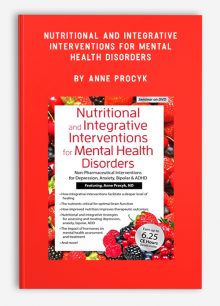

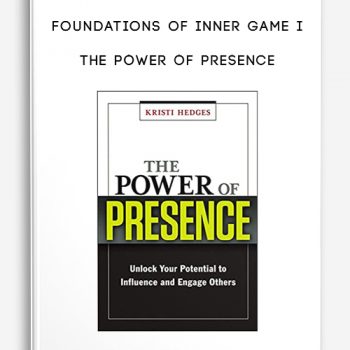
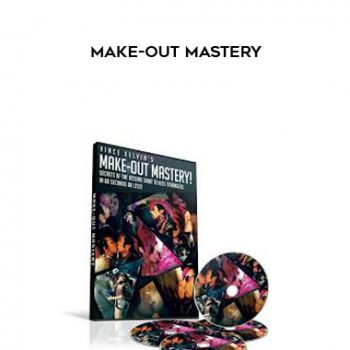
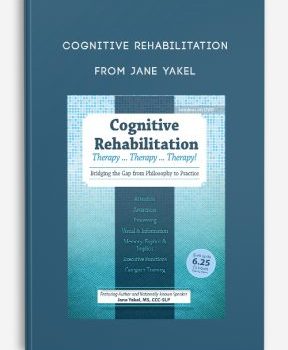
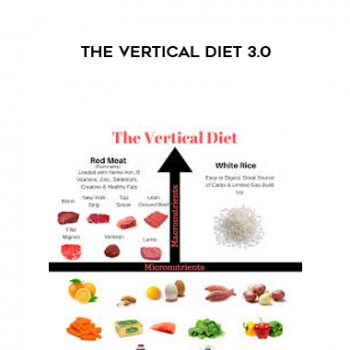

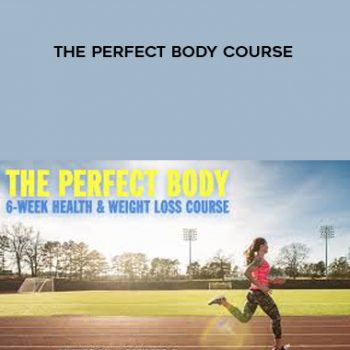
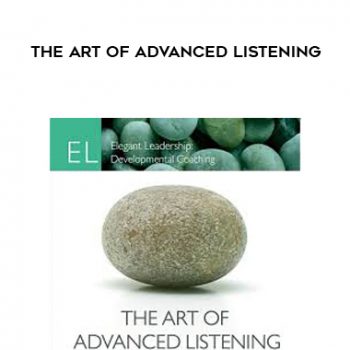

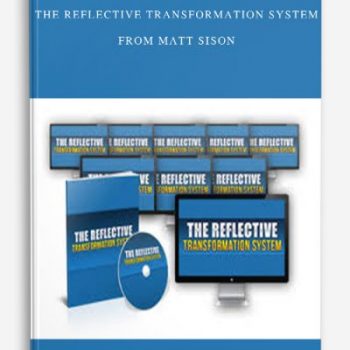
tristian –
This is Digital Download service, the course is available at Coursecui.com and Email download delivery.